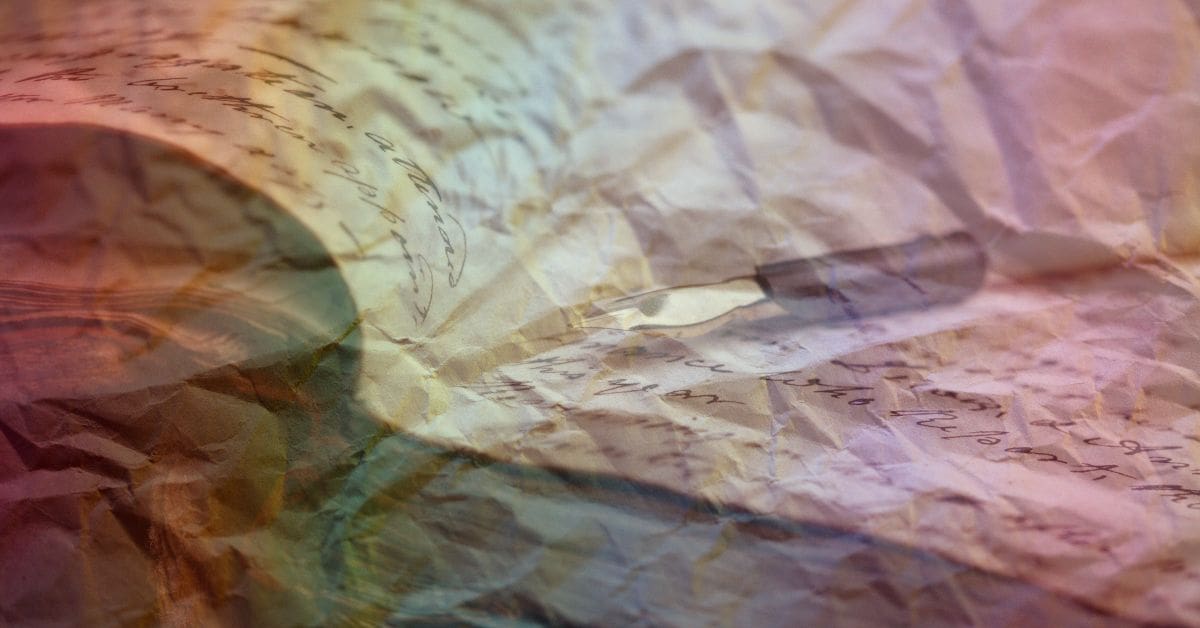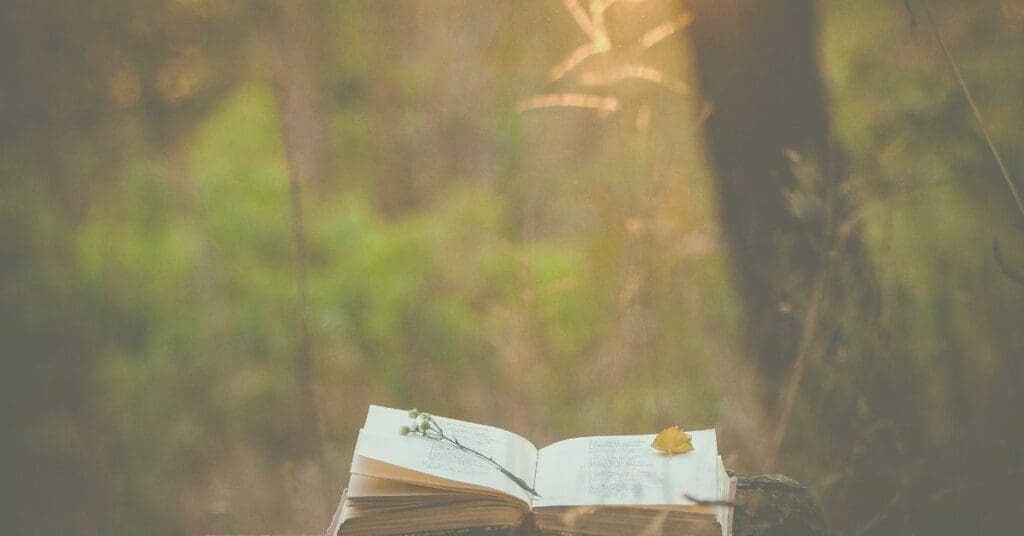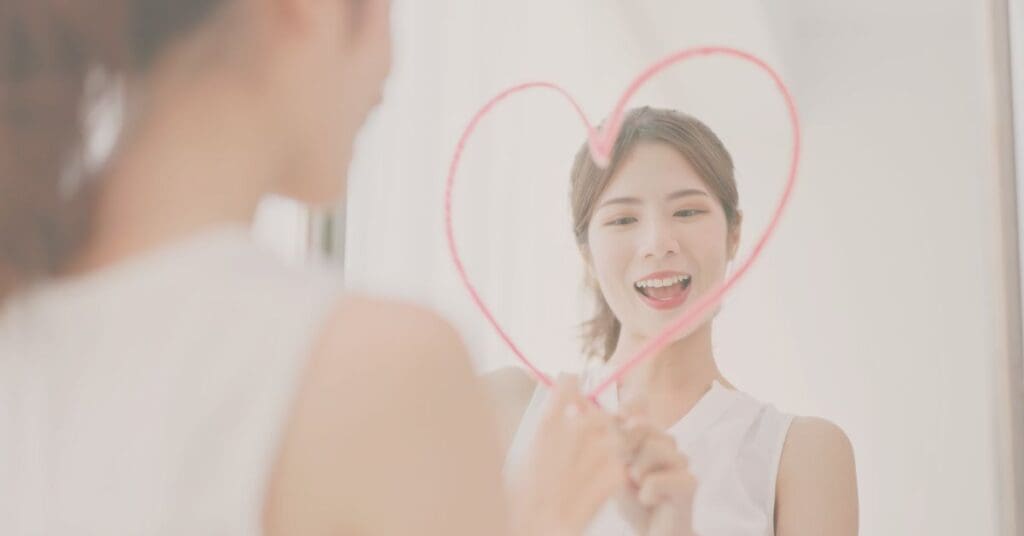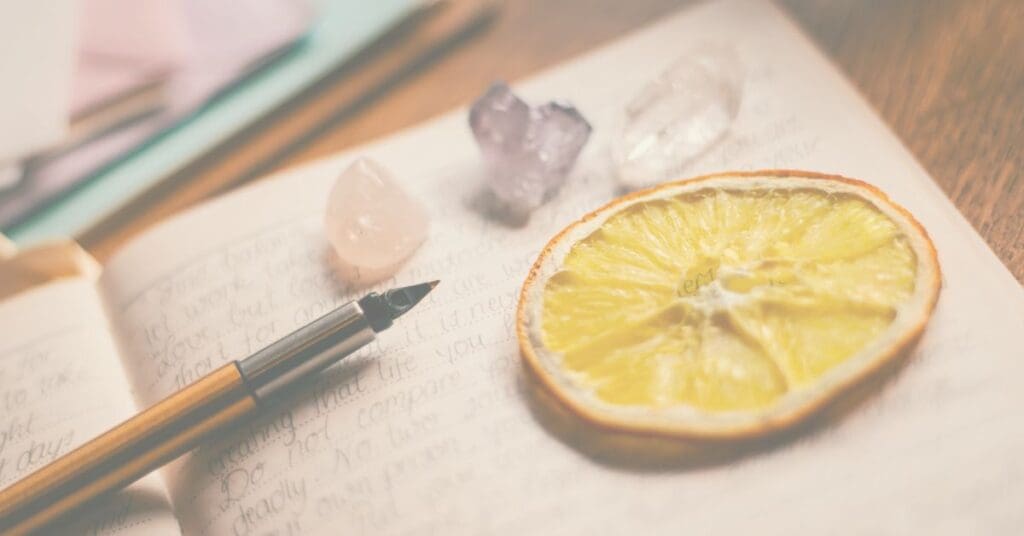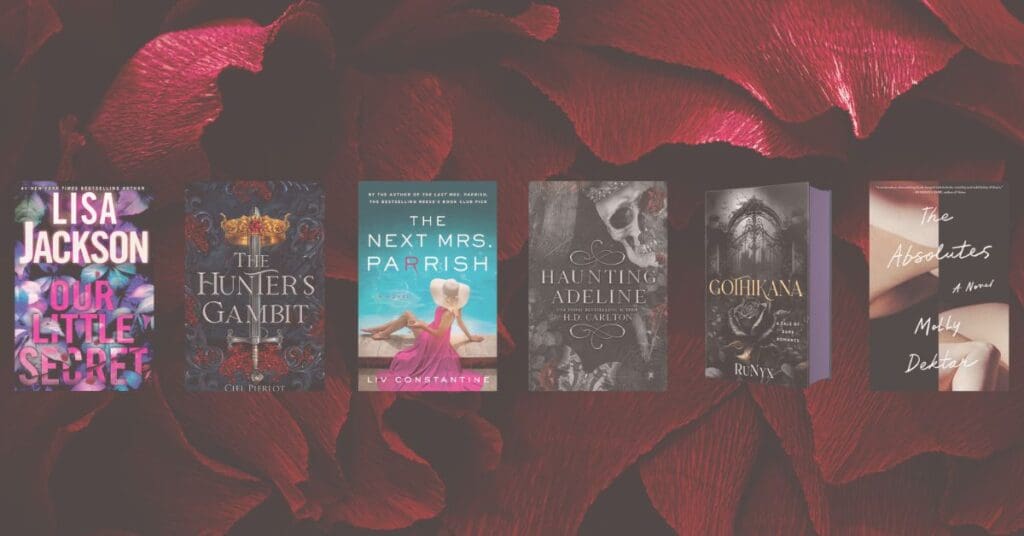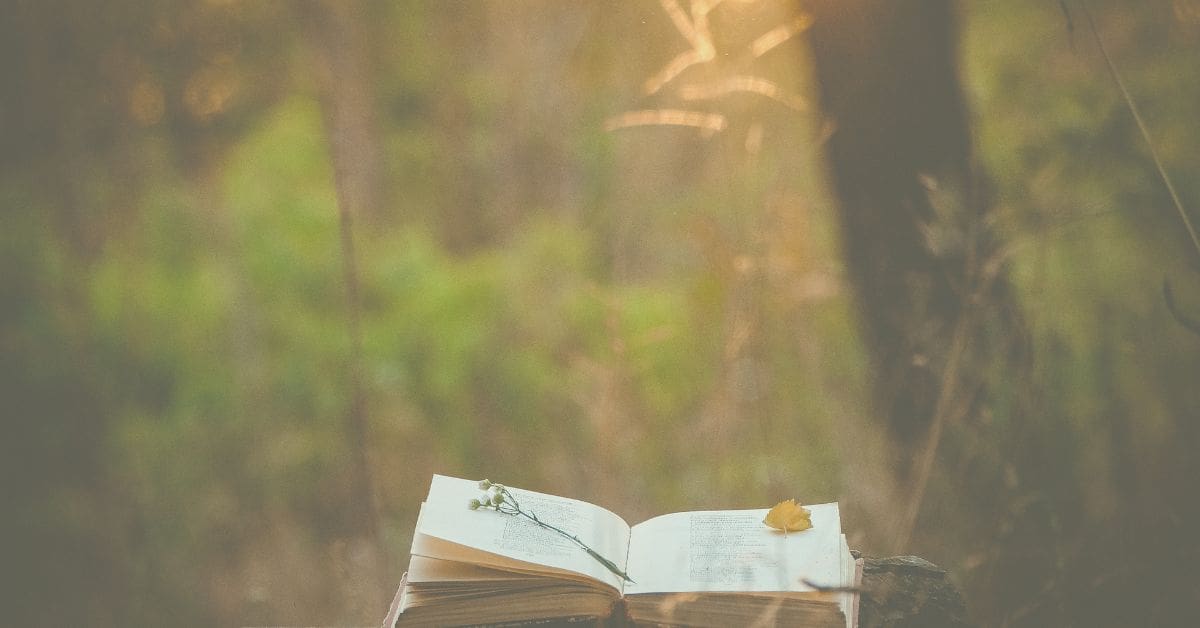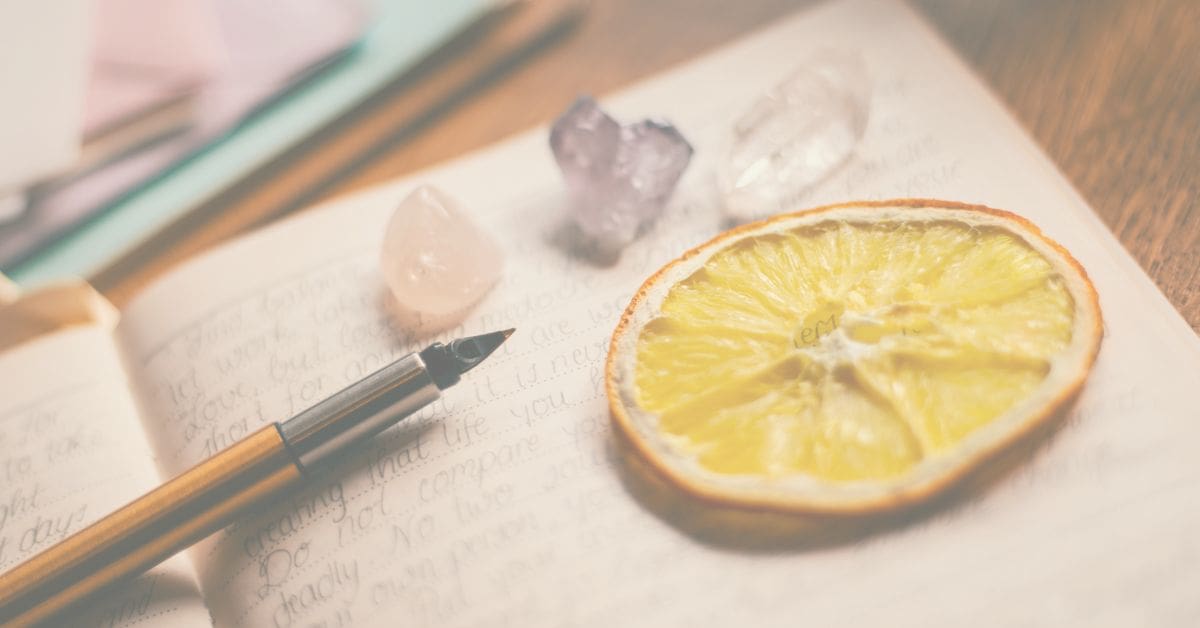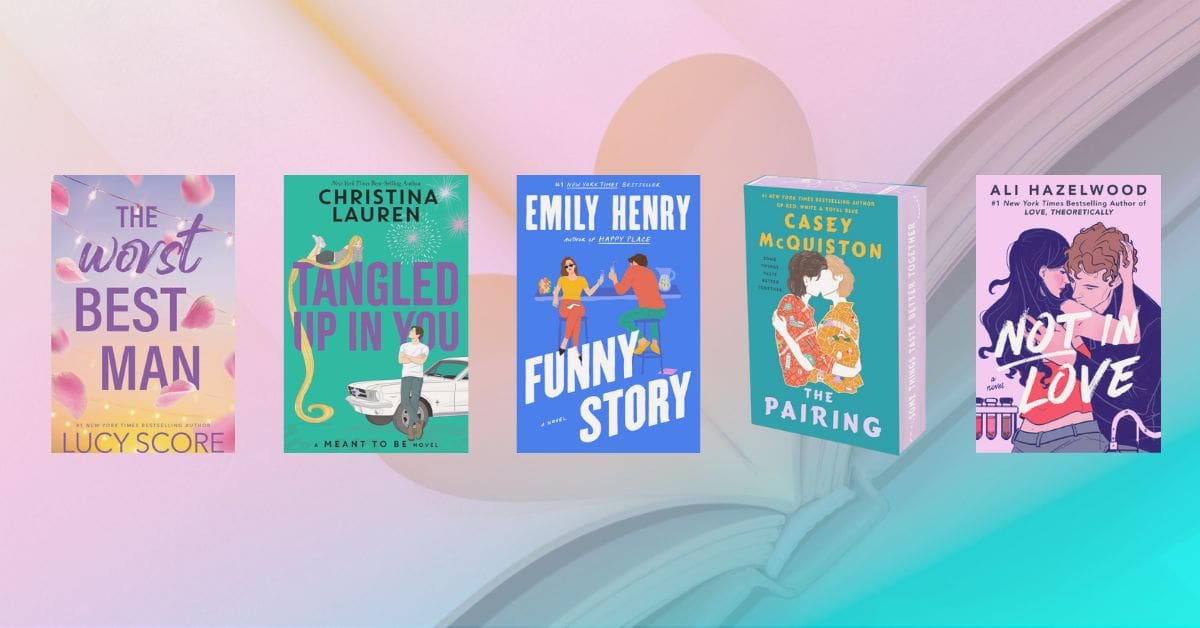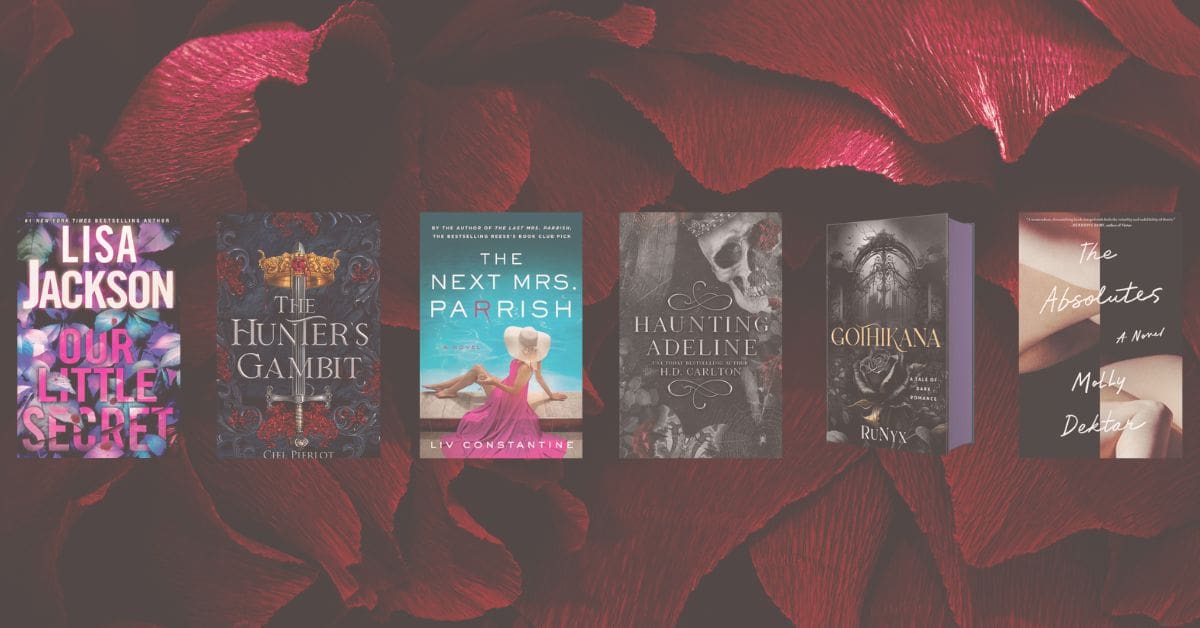2020-2025 LGBTQ Poets To Follow
Your Next Poetry Journey Awaits
Don’t question where your next poetry or creative journey should take you. The path is right in front of you. Follow it down to the deep, sincere, and emotional path of these LGBTQ poets. Ranging from well-known, award-winning poetry collections to debut poets who are creating a big name for themselves. Show your rainbow pride whether you are a part of the community or an ally, through these beautifully written verses.
16 LGBTQ Poets We Recommend (Though we know there are so many other great ones!):
16. Tradition by Jericho Brown
The Tradition explores cultural threats on black bodies, resistance, and the interplay of desire and privilege in a dangerous era.
15. Alive at the End of the World by Saeed Jones – D a Powell
Pierced by grief and charged with history, this new poetry collection from the award-winning author of Prelude to Bruise and How We Fight for Our Lives confronts our everyday apocalypses.
In haunted poems glinting with laughter, Saeed Jones explores the public and private betrayals of life as we know it. With verve, wit, and elegant craft, Jones strips away American artifice in order to reveal the intimate grief of a mourning son and the collective grief bearing down on all of us.
Drawing from memoir, fiction, and persona, Jones confronts the everyday perils of white supremacy with a finely tuned poetic ear, identifying moments that seem routine even as they open chasms of hurt. Viewing himself as an unreliable narrator, Jones looks outward to understand what’s within, bringing forth cultural icons like Little Richard, Paul Mooney, Aretha Franklin and Diahann Carroll to illuminate how long and how perilously we’ve been living on top of fault lines. As these poems seek ways to love and survive through America’s existential threats, Jones ushers his readers toward the realization that the end of the world is already here–and the apocalypse is a state of being.
14. All the Flowers Kneeling by Paul Tran
Finalist for the 2023 PEN Open Book Award and the Kate Tufts Discovery Award
A New York Times Book Review Editors’ Choice Pick
Named a Best Book of 2022 by The New Yorker
Visceral and astonishing, Paul Tran’s debut poetry collection All the Flowers Kneeling investigates intergenerational trauma, sexual violence, and U.S. imperialism in order to radically alter our understanding of freedom, power, and control. In poems of desire, gender, bodies, legacies, and imagined futures, Tran’s poems elucidate the complex and harrowing processes of reckoning and recovery, enhanced by innovative poetic forms that mirror the nonlinear emotional and psychological experiences of trauma survivors. At once grand and intimate, commanding and deeply vulnerable, All the Flowers Kneeling revels in rediscovering and reconfiguring the self, and ultimately becomes an essential testament to the human capacity for resilience, endurance, and love.
13. Deal: New and Selected Poems by Randall Mann
Deal: New and Selected Poems contains the most memorable of Mann’s previous five collections and presents new poems.
One of our leading American practitioners of poetic form and liberating constraint, Randall Mann has for the past thirty years confronted what it means to identify as multiracial and queer in urban America. Deal: New and Selected Poemsharnesses five previous volumes and includes economical yet expansive new works rooted in an age of Wi-Fi, apps, and chat notifications. His newest poems, written in concise, contemporary lines, move us word by word, until we arrive at a stark reality.
12. Essential June Jordan by June Jordan – Jan Heller Levi – Christoph Keller – Jericho Brown
Honored as a Best Book of 2021 by Publishers Weekly
This volume of verse displays the undeniable legacy June Jordan left on both our literature and culture. Collected here are blazing examples of poetry as activism. Stanzas that speak truth to power and speak out against violence against women and police brutality. But Jordan also speaks on the significance of hope, mixing, as Brown puts it, ‘the doom and devastation made mundane through media with the hard decision to love anyway.’–O, The Oprah Magazine
A selection of poems published between 1971 and 2001, this posthumous volume reflects Jordan’s view of poetry as ‘a political action’ that can ‘build a revolution.’ Her own work is filled with love and delight as well as revenge and justice.–New York Times Book Review, Editor’s Choice
11. Homie: Poems by Danez Smith
FINALIST FOR THE 2020 NATIONAL BOOK CRITICS CIRCLE AWARD FOR POETRY
FINALIST FOR THE 2021 NAACP IMAGE AWARD FOR POETRY
Danez Smith is our president
Homie is Danez Smith’s magnificent anthem about the saving grace of friendship. Rooted in the loss of one of Smith’s close friends, this book comes out of the search for joy and intimacy within a nation where both can seem scarce and getting scarcer. In poems of rare power and generosity, Smith acknowledges that in a country overrun by violence, xenophobia, and disparity. And in a body defined by race, queerness, and diagnosis, it can be hard to survive. But then the phone lights up, or a shout comes up to the window, and family–blood and chosen–arrives with just the right food and some redemption. Part friendship diary, part bright elegy, part war cry!
10. Listen to the Golden Boomerang Return by Caconrad Caconrad
CAConrad’s Listen to the Golden Boomerang Return shifts its attention from the previous book’s focus on communing with animals who are extinct toward communicating and caring for animals still living among us.
Recalling the historical and symbolic significance of the boomerang as an instrument of return, these poems emerged from a (soma)tic poetry ritual in which the author wrote to animals who have found ways to thrive in the Anthropocene, resulting in sculptural poems that are both hopeful and cautionary as they emerge organically from the bottom of each page. Guided by the urge “to/desire/the world/as it is/not as/it was,”. CAConrad writes from an ecopoetics that is generous and galvanizing, reminding us of how our present attentions collectively shape a future humanity.
9. Poem Bitten by a Man by Brian Teare
Winner of the William Carlos Williams Award
Finalist for the 2024 Publishing Triangle Thom Gunn Award for Gay Poetry
A medical emergency, a road trip, a breakup, and a paean to the power of creative process–Poem Bitten by a Man. It is for everyone who has tried to make a life in art, whether they succeeded or not. Teare uses somatic language captured through a notebook practice. Recontextualizes the work of Agnes Martin, Jasper Johns, and others via art criticism, psychoanalysis, biography, queer theory, and historical document to honor writers, artists, and thinkers who sustain us when nothing else does.
8. Postcolonial Love Poem: Poems by Natalie Diaz
WINNER OF THE 2021 PULITZER PRIZE IN POETRY
FINALIST FOR THE 2020 NATIONAL BOOK AWARD FOR POETRY
Postcolonial Love Poem is an anthem of desire against erasure. Natalie Diaz’s brilliant second collection demands that every body carried in its pages–bodies of language, land, rivers, suffering brothers, enemies, and lovers–be touched and held as beloveds. Through these poems, the wounds inflicted by America onto an indigenous people are allowed to bloom.
“Let me call my anxiety, desire, then. / Let me call it, a garden.”
In this new lyrical landscape, the bodies of indigenous, Latinx, black, and brown women are simultaneously the body politic and the body ecstatic. In claiming this autonomy of desire, language is pushed to its dark edges, the astonishing dunefields and forests where pleasure and love are both grief and joy, violence and sensuality.
7. Renunciations: Poems by Donika Kelly
An extraordinary collection of endurance and transformation by the award-winning author of Bestiary
The Renunciations is a book of resilience, survival, and the journey to radically shift one’s sense of self in the face of trauma. Moving between a childhood marked by love and abuse and the breaking marriage of that adult child, Donika Kelly charts memory and the body as landscapes to be traversed and tended. These poems construct life rafts and sanctuaries even in their most devastating confrontations with what a person can bear, with how families harm themselves. With the companionship of “the oracle”–an observer of memory who knows how each close call with oblivion ends–the act of remembrance becomes curative, and personal mythologies give way to a future defined less by wounds than by possibility.
We find the home one builds inside oneself after reckoning with a legacy of trauma. It’s a home whose construction starts “with a razing.”
6. Selected Works of Audre Lorde by Audre Lorde – Roxane Gay – Roxane Gay
Self-described “black, lesbian, mother, warrior, poet” Audre Lorde is an unforgettable voice in twentieth-century literature. One of the first to center the experiences of black, queer women in her work. This essential voice showcases her indelible contributions. Such as intersectional feminism, queer theory, and critical race studies in twelve landmark essays and more than sixty poems. These are been selected and introduced by one of our most powerful contemporary voices on race and gender, Roxane Gay.
5. So Long by Jen Levitt
Anticipating and then grieving the death of her father, Jen Levitt’s So Long fleshes out a full elegiac register, sitting with the mourning of farewell while holding onto gratitude, remembrance, and a permeating love.
“Soon,” she says, “we’ll have to find another way to meet, as moonlight / makes the river glow.”
In the suburbs, she notes high- school athletes circling “in their sweat-resistant fabrics,” “so natural in their tank tops, those dutiful kids trying to beat time”; upstate, she finds herself in temple where Broadway music has replaced prayer and discovers “no promises, / but, like hearing a rustle in deep woods & turning to locate its source, the chance for something rare.” It is this humanistic faith that inverts the title’s idiomatic goodbye into a statement of permanence, the truth of our enduring, improbable lives: look at this, she seems to command herself, “& look at how lucky I’ve been, for so long.”
4. Then the War: And Selected Poems, 2007-2020 by Carl Phillips
WINNER OF THE 2023 PULITZER PRIZE IN POETRY
A new collection of poems from one of America’s most essential, celebrated, and enduring poets, Carl Phillips’s Then the War
Carl Phillips has aptly described his work as an “ongoing quest”. Then the War is the next step in that meaningful process of self-discovery for both the poet and his reader. The new poems, written in a time of rising racial conflict in the United States, with its attendant violence and uncertainty, find Phillips entering deeper into the landscape he has made his own: a forest of intimacy, queerness, and moral inquiry, where the farther we go, the more difficult it is to remember why or where we started.
3. Things I Didn’t Do with This Body by Amanda Gunn
Told in six parts, Things I Didn’t Do with This Body sings in myriad voices and forms–ragged columns rich with syncopated internal rhyme, crisp formal sonnets, and the angular shapes of a stream-of-pill-induced-consciousness.
Bedecked in Fenty and Shalimar, it’s Amanda Gunn’s startling debut. Things I Didn’t Do with This Body, invites you to read with all of your senses. Told in six parts, this collection sings in myriad voices and forms–ragged columns rich with syncopated internal rhyme, crisp formal sonnets, and the angular shapes of a stream-of-pill-induced-consciousness. Both tender and emotionally raw, these poems interweave explorations of family and interrogations of history, including an unforgettable sequence that meditates on the life of Harriet Tubman. With Tubman’s portrait perched above her writing desk, Gunn pens poems that migrate from South to North, from elegy to prayer, from borrowed shame to self-acceptance.
2. Time Is a Mother
by Ocean Vuong
“Take your time with these poems, and return to them often.” —The Washington Post
The New York Times-bestselling collection of poems from the award-winning writer Ocean Vuong
In this deeply intimate second poetry collection, Ocean Vuong searches for life among the aftershocks of personal and social loss, embodying the paradox of sitting in grief while being determined to survive beyond it. Shifting through memory, Vuong contends with the meaning of family and the cost of being the product of war. At once vivid, brave, and propulsive, these poems circle fragmented lives to find both restoration as well as the epicenter of the break.
1. Paper Banners
by Jane Miller
A herald of desire, mortality, and the mission of poetry itself. Jane Miller’s Paper Banners catalogs the intimate experiences that create a life, hoping that “what will survive of us is love.”
A herald of desire, suffering, mortality, and the mission of poetry itself, Jane Miller’s Paper Banners “say the cosmos/ isn’t hostile/ yet strangles a dove /with one hand.” Against this angst, Miller steps outside of history to contemplate voices of love, aging, and artmaking. Many poems are addressed to family members, friends, and young poets, or pay homage to those by time or tragedy. This includes Virginia Woolf, Osip Mandelstam, and the Song Dynasty poet Li Qingzhao.
